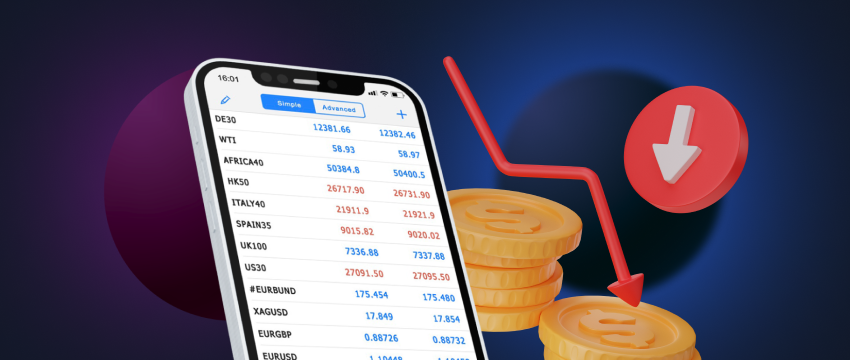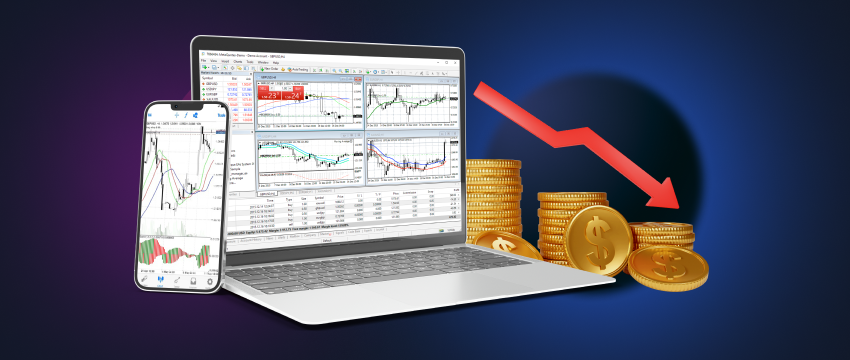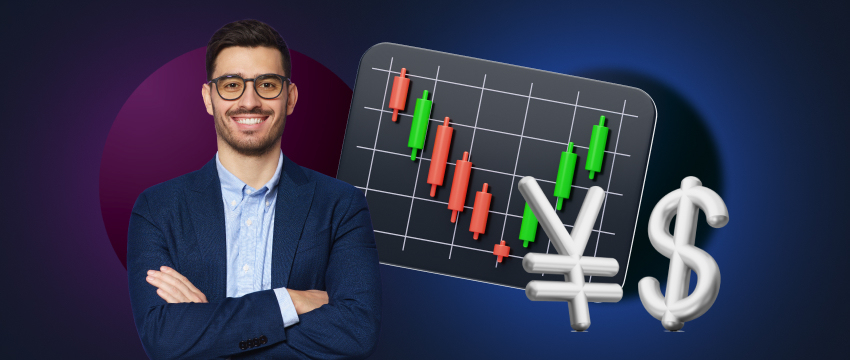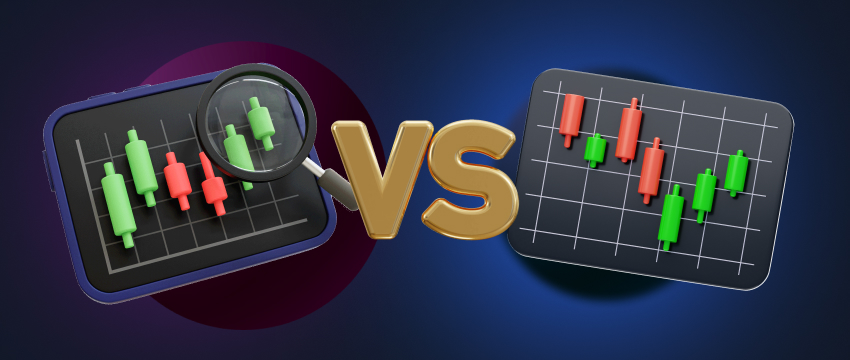CFD trading is prolific for being risky for a variety of reasons. Losses are many times attributed to mishandling of leverage, lack of liquidity, and more. In this article, we’ll discuss why CFD traders tend to lose money in the course of trading.
1. Poor risk management plan from CFD traders
If you’ve learned anything about CFD trading, it’s to have a risk management plan in place to protect your funds. This is especially pertinent if you’re new to CFD trading, but doesn’t disclude the more experienced trader either. But what is a risk management plan exactly? Well, essentially it’s a set of rules a trader follows to limit risk exposure and increase the potential for gains.
Those rules are established by the trader based on their specific trading style, risk tolerance, and budget. They are also usually integrated into the CFD trader’s over-trading plan, to ensure all the steps are taken to safeguard their money. Some of the most common risk management rules (or techniques) adopted by CFD traders are take-profit and stop-loss orders.

2. CFD traders’ impulsive decision-making
The ability to show restraint or be patient is key in CFD trading. Impulsive trading is often driven by feelings of fear or greed. It generally leads to impulsive decisions that deviate from one’s trading or risk management plan, resulting in adverse trading outcomes. The occurrence of this type of emotive trading is not uncommon, especially when trading CFDs on currency pairs which is largely characterised by aggressive price fluctuations and volatility.
One of the ways to build up patience is to boost your skills. Becoming a more skilled CFD trader requires investing more time in learning everything you can about CFD trading. By becoming more informed, you’ll be able to better handle the challenges that CFD trading throws your way. You’ll also have more confidence, and thereby more patience to make rational and timely trading decisions. Top educational resources to widen your scope of information consist of:
- Blogs are a great source of valuable insights in that they typically cover a ton of different topics related to CFD trading, including some of the most fundamental trading concepts and terms.
- E-books, for those who prefer a slightly longer read, e-books are another great way to learn more about CFD trading, including different strategies, tips, and ideas.
- Webinars allow for live interaction whereby participants can ask questions, engage in discussions, and share knowledge.
- Podcasts, are popular for the level of flexibility that they offer, in that a trader can listen to one while commuting, exercising, etc.
- Seminars are great for a hands-on experience where participants can engage with instructors in person. Also a great opportunity for networking, sharing experiences with your peers, etc.
3. No proper research or analysis
One of the major components of successful CFD trading is technical and fundamental analysis. A CFD trader must use both forms of analysis before executing trades. Different styles of trading may require one form of analysis more than another but knowing how to use both is vital. Technical analysis is the study of price movements using charts and indicators. In contrast, fundamental analysis studies the intrinsic value of a particular underlying asset and the various factors that affect this value, like the economy, industry conditions, company performance, etc.
A fundamental analyst will look at financial statements, e.g., income statements, balance sheets, cash flow statements, etc). They will also analyze revenue growth, profit margins, earnings-per-share, etc. In other words, fundamental analysis seeks to identify investments that provide returns based on underlying characteristics and performance of an asset rather than just market fluctuations or price volatilities.
4. Disregarding market volatility
As we’ve already established, there are many factors that affect the performance of CFD trades. CFD traders are constantly speculating on the direction that the price of an underlying asset will take. Based on this “prediction”, the trader will either go long (buy) or go short (sell). The prediction itself however can only be made by monitoring the factors that cause the volatility. This includes geopolitical instabilities, new or revised governmental policies, international trade agreements, economic releases, industry shifts, and more.
A CFD trader who doesn’t monitor global news or economic releases increases the risk of losing all their money. This is because when the price of the underlying asset suddenly moves in an unfavorable direction, they may not be quick enough to react. One of the ways that CFD traders try to mitigate this risk is by using an Economic Calendar in order to track key releases worldwide and plan their trades accordingly. Another way is to monitor international news daily, to stay on top of current affairs and trends.

5. CFD traders overtrading
Overtrading can happen for different reasons, be this due to adrenaline, the need to recoup losses, overconfidence, or the belief that by executing more trades, the more money you’ll earn. Beginner CFD traders may often engage in overtrading due to a lack of a properly defined trading plan or strategy or the need to feel like they’re engaged in the market, regardless of the result. Overtrading can however significantly increase the risk of exposure and must be mitigated. Some of the ways of minimizing the need to overtrade are:
- Setting clear trading goals
- Establishing effective trading rules, including risk management techniques like stop-loss and take-profit orders
- Engaging in continuous learning to improve your trading skills
- Intermittently reassessing your strategy and performance.

6. Over-leveraging
CFDs are highly leveraged financial derivatives, making them incredibly risky. While leverage allows CFD traders to control larger positions with a smaller amount of capital, it can very quickly escalate losses when the market moves against you. As a result, a trader can very quickly lose all their money, if not more than their initial investment. This may make CFD trading unsuitable for beginner traders who don’t have the skills required to manage this type of risk. However, if leverage is something you choose to opt for, ensure you have a robust risk management plan in place to protect your money.
Signing up for a demo trading
A key way for a CFD trader to enhance their skills and not lose all their money is through practice. A demo trading account is a great way to gain that practice. For one, it offers a simulated trading environment with real-life market conditions in which you can test your CFD trading strategies. Using virtual funds, thereby safeguarding your own money, you can enter and exit positions and assess outcomes.
You can learn how to use technical and fundamental analysis to be able to make more informed trading decisions. You will also become more accustomed to using a trading platform, with one of the most popular being MetaTrader 4. A demo trading account ultimately gives you the time you need to get a proper feel for what trading is like, and eventually gain the confidence required to move to a live trading environment.
Why become a T4Trade CFD trader?
T4Trade is a renowned broker used by global traders to execute their trades. The broker’s appeal lies in its exceptional, comprehensive service offering. This includes a variety of customized account types, flexible leverage, fast deposits, and withdrawals, quick execution of orders, and tight spreads. The service offered by T4Trade is further enhanced by a robust customer support team who are available 24/5 to help traders with all their queries. The team is multilingual, and knowledgeable, and can be reached through communication channels like live chat and email.
Disclaimer: This material is for general informational and educational purposes only and should not be considered investment advice or an investment recommendation. T4Trade is not responsible for any data provided by third parties referenced or hyperlinked in this communication.




